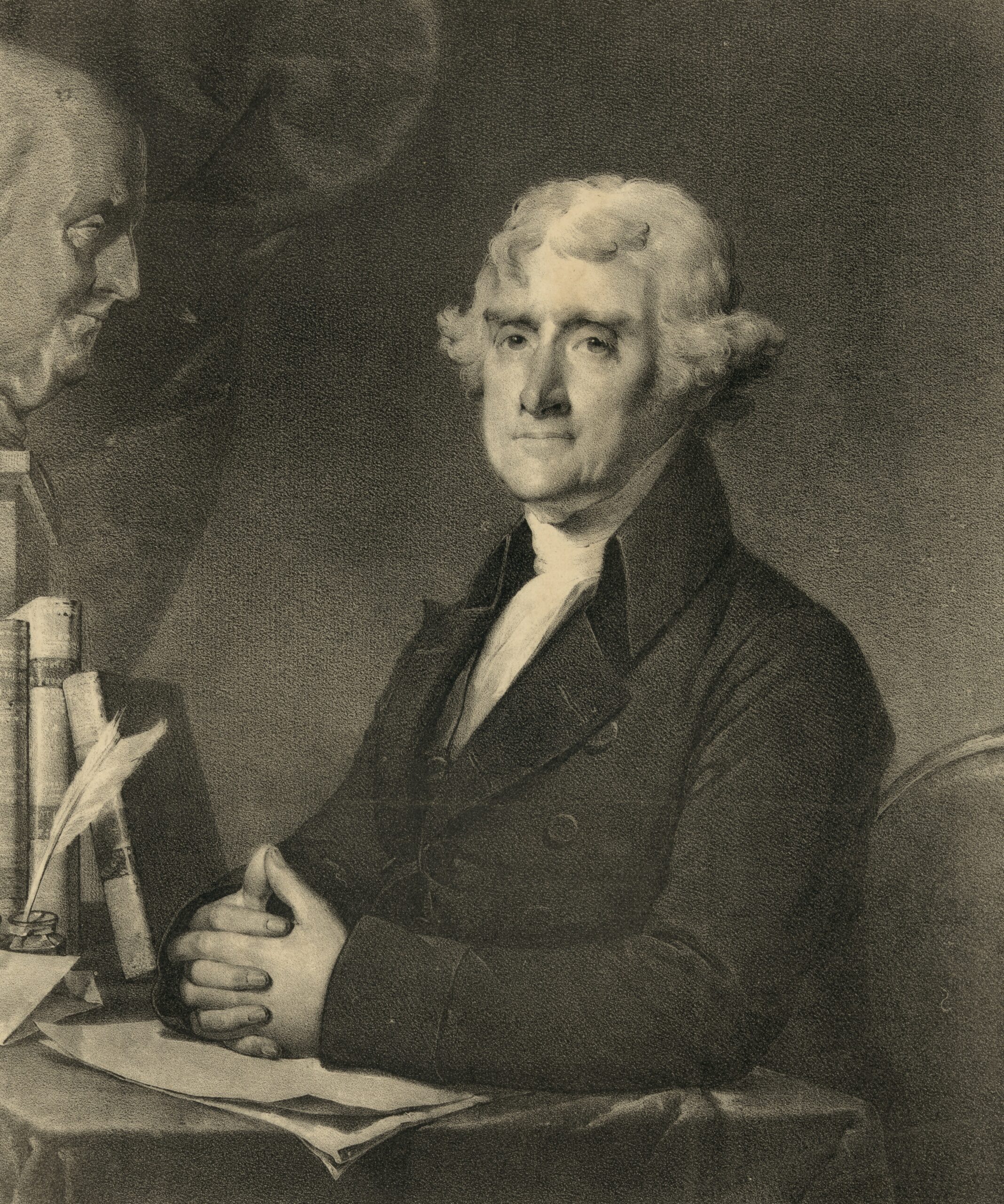
Introduction to the European Elections 2024
The European Elections of 2024 are pivotal events that will shape the political landscape of the European Union (EU) for years to come. Scheduled to be held between June 6 and June 9, these elections will determine the composition of the European Parliament (EP), which plays a crucial role in the EU’s legislative process. Citizens from all 27 member states will have the opportunity to vote for their representatives, making this a significant democratic exercise across the continent.
Understanding the importance of the European Elections requires a grasp of the key institutions involved. The European Parliament, directly elected by EU citizens every five years, is one of the main legislative bodies of the EU. It works alongside the European Commission and the Council of the European Union to draft, amend, and pass legislation that affects all member states. The upcoming elections will thus influence the direction of EU policies on issues ranging from climate change and immigration to digital transformation and economic recovery.
The timeline for the European Elections 2024 is marked by several important milestones. The electoral process will officially kick off with candidate nominations and party manifestos being published in early 2024. Campaigning will intensify in the months leading up to the elections, with debates and public discussions highlighting the key issues at stake. The voting itself will occur over a four-day period, allowing for logistical differences across member states. Final results are expected to be announced shortly after the polls close, setting the stage for the new parliamentary term.
These elections are more than just a procedural necessity; they are a reflection of the evolving democratic values within the EU. With pressing global challenges and internal dynamics at play, the 2024 European Elections will be instrumental in determining the future trajectory of the Union. Voters will have the power to influence critical policy decisions and ensure that their voices are heard on the international stage.
The European Elections 2024 mark a significant event in the democratic process of the European Union, with numerous critical dates leading up to, during, and following the elections. To ensure all stakeholders, including voters, candidates, and political parties, are well-prepared, it is crucial to be aware of these key milestones.
The electoral timeline kicks off with the candidate registration period, which typically begins several months prior to the election. For the 2024 elections, candidate registration is expected to start in early January and will close in mid-March. This period allows prospective candidates and parties ample time to submit their applications and meet all necessary requirements, such as gathering support signatures and completing documentation.
Once the registration is finalized, the official campaign period commences. This phase is scheduled to begin in early April and will run until the eve of the election days. During the campaign period, candidates and parties will actively engage with the electorate, presenting their platforms through various media channels, public debates, and rallies. This is a pivotal time for voters to familiarize themselves with the candidates’ policies and positions on key issues affecting the European Union.
The voting days for the European Elections 2024 are slated to occur over a span of several days, from May 23 to May 26. This staggered approach accommodates the diverse voting systems of the member states, ensuring a smooth and orderly process across the continent. Each country has designated its specific voting day within this window, allowing citizens to cast their ballots at their convenience.
Following the conclusion of the voting days, the counting of votes and the announcement of preliminary results will take place promptly. Preliminary results are expected to be released by the end of May, giving an early indication of the electoral outcomes. The final, official results will be published in early June, once all votes have been thoroughly counted and validated.
Understanding this timeline is essential for all participants in the European Elections 2024. By staying informed of these key dates, voters can plan their participation, candidates can strategize their campaigns, and stakeholders can prepare for the outcomes of this pivotal democratic exercise.
Major Political Parties and Candidates
The European Elections 2024 are set to be a significant event, with several major political parties vying for influence in the European Parliament. Among these, the European People’s Party (EPP), the Progressive Alliance of Socialists and Democrats (S&D), and Renew Europe are the most prominent. Each party brings its own history, ideological stance, and slate of key candidates to the table, shaping the future direction of the European Union.
The European People’s Party (EPP) is a center-right political group that has traditionally dominated European politics. Founded in 1976, the EPP advocates for free-market policies, social stability, and European integration. Manfred Weber, the EPP’s lead candidate, aims to continue promoting economic growth and security throughout the continent. Weber’s platform focuses on bolstering the EU’s internal market, enhancing digital innovation, and strengthening external borders.
On the center-left, the Progressive Alliance of Socialists and Democrats (S&D) champions social justice, workers’ rights, and sustainable development. This group has its roots in the socialist movements of the early 20th century and has consistently pushed for policies that promote equality and social welfare. The S&D’s leading candidate, Iratxe García, is committed to addressing climate change, fostering social inclusion, and reducing economic disparities across the EU.
Renew Europe, a centrist and pro-European party, emerged from the merger of the Alliance of Liberals and Democrats for Europe (ALDE) and Emmanuel Macron’s La République En Marche. This party emphasizes innovation, digital transformation, and a strong, unified Europe. Stéphane Séjourné, the top candidate for Renew Europe, advocates for technological advancement, improved educational systems, and robust international cooperation.
Apart from these well-established parties, new and emerging political groups are also poised to make an impact on the elections. The Greens/European Free Alliance, known for their environmental advocacy, continue to gain traction among voters concerned about climate change and sustainability. Additionally, the Identity and Democracy group, representing far-right and eurosceptic views, seeks to challenge the status quo with a platform focused on national sovereignty and reduced EU influence.
In summary, the 2024 European Elections present a diverse array of political ideologies and candidates. As these parties and their leaders campaign across Europe, voters will face critical choices that will shape the EU’s policies and priorities for years to come.
Key Issues and Campaign Themes
The European Elections 2024 are set to be a pivotal moment, with several key issues and campaign themes likely to dominate the political landscape. Among the primary concerns are economic policies, climate change, immigration, digital transformation, and the European Union’s role on the global stage. Each of these topics presents unique challenges and opportunities for the candidates and parties involved.
Economic policies are at the forefront of many campaigns, as Europe continues to grapple with the aftermath of the COVID-19 pandemic and ongoing economic uncertainties. Debates are expected to revolve around fiscal responsibility, economic recovery strategies, and measures to combat unemployment. Different parties are proposing varied approaches, from austerity measures to increased public spending aimed at stimulating growth and innovation.
Climate change remains a critical issue, with widespread consensus on the need for urgent action. However, the methods of addressing this global crisis vary significantly among candidates. Some advocate for stringent regulations and substantial investments in renewable energy, while others emphasize a more balanced approach that considers economic impacts. The European Green Deal, a comprehensive plan to make the EU climate-neutral by 2050, is likely to be a central point of discussion.
Immigration continues to be a polarizing topic, with differing perspectives on how to manage migration flows and integrate newcomers into European societies. Policies range from stricter border controls and asylum procedures to more inclusive and humanitarian approaches. This issue not only affects national security and social cohesion but also has implications for the EU’s humanitarian responsibilities and international reputation.
Digital transformation is another significant theme, as the EU seeks to position itself as a global leader in technology and innovation. Campaigns will likely focus on enhancing digital infrastructure, protecting data privacy, and fostering a competitive digital economy. The balance between technological advancement and regulatory oversight will be a crucial aspect of this debate.
Finally, the EU’s role on the global stage is a recurring theme, with discussions on how Europe can assert its influence in international affairs. Topics such as trade agreements, defense cooperation, and diplomatic relations with other global powers will be critical. Candidates will need to articulate their visions for the EU’s future in a rapidly changing geopolitical landscape.
The Voting Process Explained
The European Elections 2024 are an essential opportunity for citizens across the member states to influence the future direction of the European Union. Understanding the voting process is key to ensuring that every eligible voter can participate effectively. This section provides a comprehensive overview of the procedures involved, starting with voter eligibility.
Eligibility to vote in the European Elections is generally extended to all citizens of the European Union who are aged 18 or older. However, specific rules can vary slightly from one member state to another. For instance, some countries may allow citizens as young as 16 to vote, while others require residency or additional registration criteria. It is advisable to check the specific requirements in your respective country well ahead of the election.
Registering to vote is another crucial step. In most member states, citizens are automatically registered to vote upon reaching the eligible age. However, expatriates and those who have recently moved may need to register manually. This can usually be done online, by post, or in person at local municipal offices. Deadlines for voter registration vary, so it is important to complete this process as early as possible to avoid any last-minute issues.
When it comes to casting a vote, there are several methods available to accommodate different needs and preferences. In-person voting is the traditional method where voters visit designated polling stations on election day to cast their votes. Alternatively, many countries offer postal voting, allowing voters to send their ballots by mail. Online voting is also becoming increasingly popular, providing a convenient option for those who may be unable to visit polling stations or prefer the digital route.
The European Parliament elections use a proportional representation system to allocate seats. This means that seats are distributed based on the percentage of votes each party receives, ensuring a more equitable representation of the electorate’s preferences. Different member states may employ varying methods within the proportional representation framework, such as the D’Hondt method or the Sainte-Laguë method, but the overarching principle remains the same: to reflect the diverse political spectrum of the European Union.
In summary, understanding the voting process for the European Elections 2024 is crucial for effective participation. Ensuring eligibility, timely registration, and choosing the most suitable voting method are essential steps in making your voice heard in shaping the future of the European Union.
The Role of the European Parliament
The European Parliament plays a crucial role within the European Union, exercising a range of legislative, supervisory, and budgetary responsibilities. Its function as a legislative body is central, as it works in tandem with the Council of the European Union to adopt and amend legislative proposals put forward by the European Commission. This bicameral legislative process ensures that a diverse array of perspectives is considered, leading to balanced and comprehensive laws that affect all EU member states.
In addition to its legislative duties, the European Parliament also holds significant supervisory powers. Members of the European Parliament (MEPs) scrutinize the work of the European Commission, including its implementation of EU policies and budget. This oversight is vital for maintaining transparency and accountability within the EU’s administrative framework. The Parliament has the authority to approve or reject the appointment of Commissioners and can even motion for a vote of no confidence, which could compel the Commission to resign collectively.
The budgetary role of the European Parliament cannot be understated. It shares budgetary authority with the Council of the European Union, meaning that both institutions must agree on the EU’s annual budget. This ensures that the allocation of financial resources aligns with the priorities and needs of EU citizens. Parliamentary decisions on budgetary matters can have far-reaching implications, influencing areas such as regional development, agriculture, research and innovation, and external relations.
Moreover, the interaction between the European Parliament and other EU institutions is fundamental to the functioning of the Union. The Parliament works closely with the European Commission, providing input and feedback on policy proposals, and collaborates with the Council to negotiate and finalize legislation. Through these interactions, the European Parliament helps shape the direction of EU policies, reflecting the diverse interests and values of European citizens.
Overall, the European Parliament’s decisions are pivotal in shaping the policies that govern the European Union. Its legislative, supervisory, and budgetary roles ensure that the EU operates democratically, transparently, and effectively, ultimately benefiting its member states and their citizens.
Impact of Previous European Elections
The European Elections of 2019 marked a significant shift in the political landscape of the European Union. The results led to a more fragmented European Parliament, with traditional center-right and center-left parties losing ground to smaller, more diverse political groups. This fragmentation has had profound impacts on EU policies and decision-making processes over the past few years.
One of the most notable outcomes of the 2019 elections was the rise of the Green Party and other environmentally-focused parties. Their increased presence in the European Parliament has pushed climate change and environmental policy to the forefront of the EU agenda. Legislative measures aimed at reducing carbon emissions, promoting renewable energy, and protecting biodiversity have gained substantial traction, reflecting the growing influence of green politics within the EU.
Furthermore, the 2019 elections saw a surge in support for Eurosceptic parties. While these parties did not achieve a majority, their presence has prompted a reevaluation of certain EU policies and has fueled debates on issues like national sovereignty and EU expansion. The balancing act between integration and national interests has become more pronounced, influencing negotiations and legislative initiatives within the Parliament.
The increased diversity within the European Parliament has also led to more complex coalition-building processes. With no single party or coalition holding an outright majority, policy-making has required extensive negotiation and compromise. This has sometimes slowed down the legislative process but has also fostered a more inclusive approach to governance, as various political voices and perspectives are taken into account.
These shifts in the European Parliament’s composition and priorities underscore the importance of the upcoming 2024 elections. The outcomes will not only determine the direction of future EU policies but also reflect the evolving political dynamics within Europe. As voters prepare to head to the polls, understanding the impact of previous elections provides crucial context for the choices they will make and the future they will shape.
What’s at Stake for the Future of Europe
The European Elections 2024 hold significant implications for the future of the European Union. As member states prepare to elect their representatives to the European Parliament, voters are faced with decisions that will shape the EU’s policy direction, political landscape, and global role for years to come. With numerous pressing issues on the agenda, including climate change, economic recovery, digital transformation, and migration, the outcome of these elections will determine how Europe navigates these challenges.
A shift in policy direction is one of the most immediate consequences of the elections. Depending on the composition of the new European Parliament, we may see changes in legislative priorities and approaches to key issues. For instance, a parliament with a stronger green coalition might push for more ambitious climate policies, while a right-leaning majority could prioritize stricter immigration controls and economic deregulation. These policy shifts will not only affect EU member states but also have a ripple effect on global affairs, as the EU continues to play a pivotal role in international trade, environmental agreements, and geopolitical strategies.
The evolving political landscape within the EU is another critical aspect to consider. The rise of populist and Eurosceptic movements in recent years has challenged traditional political dynamics, leading to an increasingly fragmented and polarized parliament. This fragmentation could complicate consensus-building and decision-making processes, potentially slowing down legislative progress. However, it also opens up opportunities for new alliances and collaborations, fostering a more dynamic and diverse political environment.
Voter participation is crucial in this context. High voter turnout is essential for ensuring that the European Parliament truly represents the diverse interests and perspectives of EU citizens. Engaged and informed voters can drive meaningful change, influence policy directions, and strengthen European unity and integration. Conversely, low voter turnout could exacerbate political divisions and undermine the legitimacy of the European Parliament.
The European Elections 2024 are not just about selecting representatives; they are about shaping the future of Europe. The decisions made by voters will have far-reaching consequences for the EU’s internal cohesion, its ability to tackle global challenges, and its position on the world stage. As such, it is imperative for all eligible voters to participate and make their voices heard, ensuring a robust and resilient European Union for the future.



